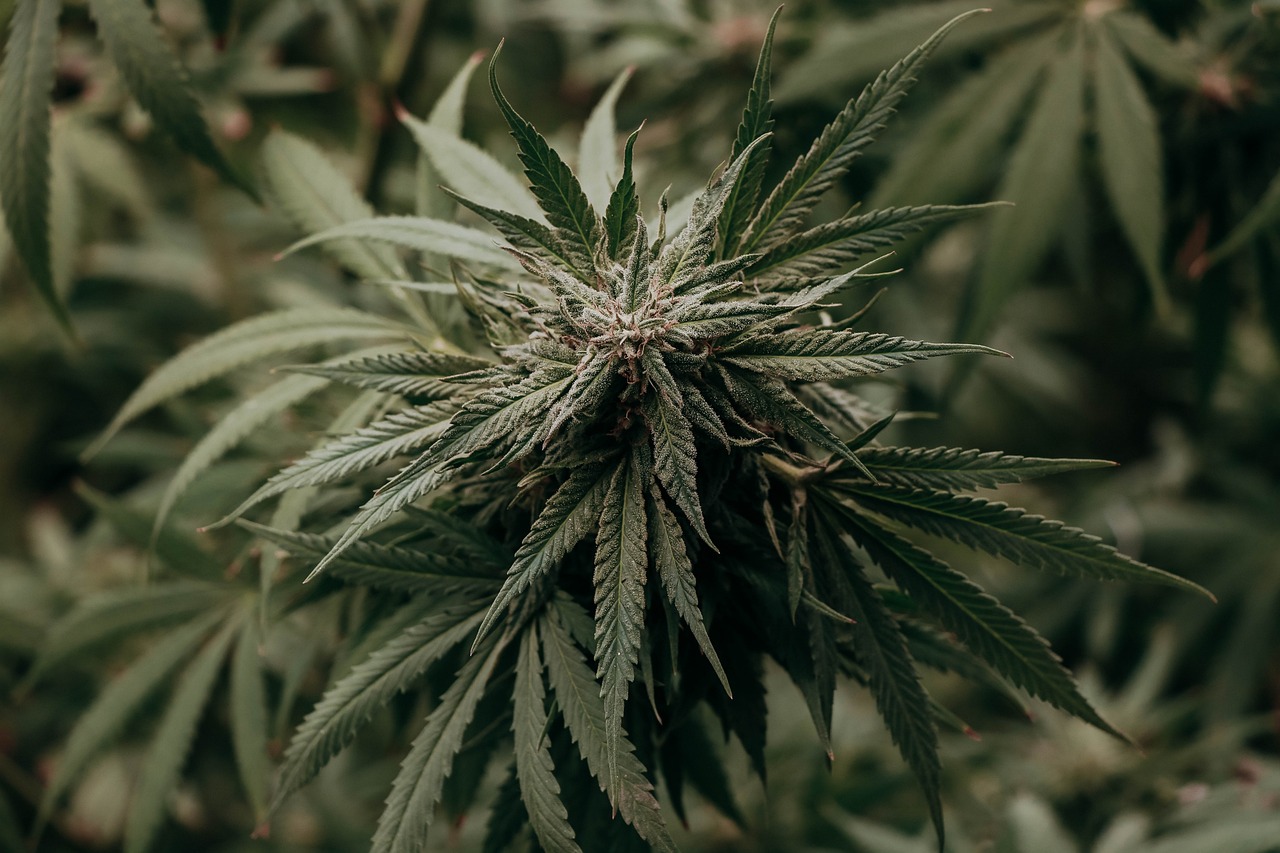THCA flower, a non-psychoactive compound found in raw cannabis, has been gaining attention for its potential health benefits. Unlike THC, THCA does not produce a high, making it an attractive option for those seeking therapeutic effects without the psychoactive experience. This article explores how to maximize the benefits of THCA flower, providing insights into its uses, benefits, and methods of consumption.
Understanding THCA: The Basics
THCA, or tetrahydrocannabinolic acid, is the acidic precursor to THC. It is found in raw and live cannabis plants. When cannabis is heated through smoking, vaping, or cooking, sourcing THCA flower, the compound responsible for the psychoactive effects. This conversion process is known as decarboxylation.
Research suggests that THCA may offer a range of health benefits, including anti-inflammatory, neuroprotective, and anti-emetic properties. These potential benefits make THCA a subject of interest for both medical professionals and cannabis enthusiasts.
Health Benefits of THCA
THCA is being studied for its potential therapeutic effects. Some of the promising benefits include:
- Anti-inflammatory properties: THCA may help reduce inflammation, making it a potential option for those with conditions like arthritis or inflammatory bowel disease.
- Neuroprotective effects: Preliminary studies suggest that THCA might protect brain cells, which could be beneficial for neurodegenerative diseases such as Alzheimer’s and Parkinson’s.
- Anti-emetic effects: THCA may help alleviate nausea and vomiting, which can be particularly useful for patients undergoing chemotherapy.
- Appetite stimulation: Similar to THC, THCA may help stimulate appetite, offering potential benefits for individuals with eating disorders or those undergoing treatments that affect appetite.
Methods of Consuming THCA Flower
To harness the benefits of THCA without converting it to THC, consumption methods that avoid heat are preferred. Here are some popular ways to consume THCA flower:
- Juicing: Fresh cannabis leaves and flowers can be juiced to create a nutrient-rich beverage. This method preserves the THCA content, allowing consumers to benefit from its properties without psychoactive effects.
- Raw consumption: Adding raw cannabis to salads or smoothies is another way to consume THCA. This method maintains the integrity of the compound while providing nutritional benefits.
- Tinctures: THCA tinctures are made by soaking raw cannabis in alcohol or another solvent. These tinctures can be taken sublingually or added to food and drinks.
- Topicals: THCA-infused creams and balms can be applied directly to the skin, offering localized relief without psychoactive effects.
Case Studies and Research
Several studies have explored the potential benefits of THCA. For instance, a study published in the British Journal of Pharmacology found that THCA exhibited anti-inflammatory properties in animal models. Another study in the Journal of Neuroimmune Pharmacology suggested that THCA might have neuroprotective effects, highlighting its potential for treating neurodegenerative diseases.
While research is still in its early stages, these studies provide a foundation for understanding the potential therapeutic applications of THCA. As more research is conducted, the medical community may gain a clearer picture of how THCA can be used effectively.
Legal Considerations
The legal status of THCA varies by region. In some areas, THCA is considered legal as long as it is not converted to THC. However, regulations can be complex, and it’s important for consumers to be aware of the laws in their area before purchasing or consuming THCA products.
In the United States, for example, the legality of THCA is often tied to the legality of cannabis itself. In states where cannabis is legal for medical or recreational use, THCA products are generally available. In states where cannabis remains illegal, access to THCA may be restricted.
Maximizing the Benefits: Practical Tips
To get the most out of THCA flower, consider the following tips:
- Choose high-quality products: Look for reputable brands that provide lab-tested products to ensure purity and potency.
- Experiment with consumption methods: Different methods may offer varying benefits. Try juicing, raw consumption, or tinctures to find what works best for you.
- Consult with a healthcare professional: If you’re considering THCA for medical purposes, it’s advisable to discuss it with a healthcare provider to ensure it aligns with your health needs.
- Stay informed: As research on THCA continues to evolve, staying updated on the latest findings can help you make informed decisions about its use.
Conclusion
THCA flower presents a promising option for those seeking the therapeutic benefits of cannabis without the psychoactive effects. With potential applications ranging from anti-inflammatory to neuroprotective effects, THCA offers a versatile addition to the wellness toolkit. By exploring various consumption methods and staying informed about ongoing research, individuals can effectively incorporate THCA into their health and wellness routines.
